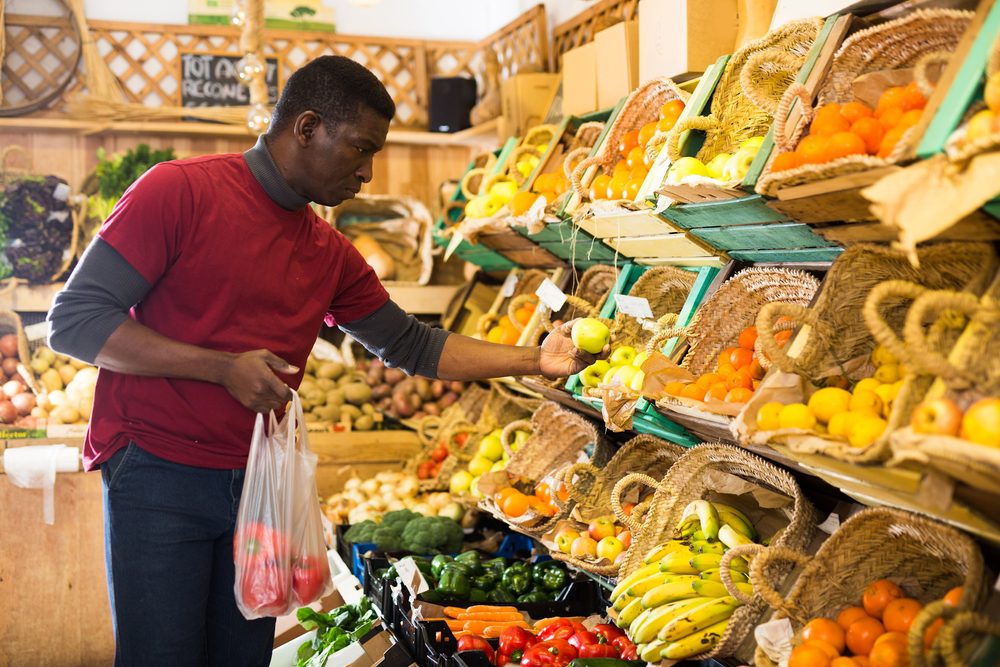In the Sept. 10 presidential debate, current presidential candidate Donald Trump made an inflammatorily false claim about Haitian immigrants, alleging that they were “eating cats and dogs.” This baseless statement builds on a pattern of racist stereotypes tied to pets, food and culture, often used to demean and alienate minoritized communities. Trump’s comments echoed controversial remarks by Senator JD Vance (R-OH) — who had similarly accused Haitian migrants on X on Sept. 9 of abducting pets for food in Springfield, Ohio —claims that were later debunked.
The role of racist food stereotypes
This type of rhetoric taps into long-standing racist stereotypes about immigrants, particularly immigrants of color. Trump’s remarks about Haitians align with the xenophobic trope that portrays certain cultural foods as strange or barbaric. In the case of Asian communities, particularly Chinese immigrants, there’s a persistent stereotype that they cook and eat dogs — an image that has been weaponized against them for decades. Similarly, Black Americans have long been subject to demeaning associations with fried chicken and watermelon, which are used to paint them in a negative light. Trump and Vance simply — and viciously — attempted to meld another part of the African diaspora to a stereotype long-held stereotype about Chinese people by playing on not only the otherness of these groups but also the longstanding American notion of dogs as beloved pets.
Fact-checking Trump’s and Vance’s claims
Vance — who had claimed that Haitian migrants in Ohio were abducting and consuming pets and birds like ducks and geese — was quickly refuted by local authorities. The Springfield Police Division confirmed that no such reports existed, and the Haitian migrants in question had been living in the U.S. legally for more than a decade. In fact, according to Reuters, Springfield’s Haitian community has positively impacted the Rust Belt city by helping create a pool of workers, which “helped grow the economy and slow inflation.”
The spread of misinformation
Much of the misinformation that politicians like Trump and Vance use to advance these narratives originates from online conspiracy theories or unverified local rumors. In Vance’s case, the falsehood about pet abductions circulated in a local Facebook group before being picked up by anti-immigrant groups and conservative media. Trump’s statement during the debate simply took this pattern to a national stage.
By linking Haitian migrants to food and behavior, Trump and Vance aim to create a divisive, racially charged atmosphere.
The impact of racist rhetoric
These kinds of racist food stereotypes do more than insult — they have real-world consequences. Misinformation about immigrants contributes to an atmosphere of hostility and violence, perpetuating dangerous myths that harm marginalized communities. Anti-Asian hate crimes spiked during the Covid-19 pandemic, often fueled by rhetoric linking Asian people to disease and unsanitary food practices as well as the long-standing notion that Americanized Chinese food is bad because of MSG. Similarly, the stereotype of Black Americans and others in the African diaspora consuming certain foods has been used to diminish their humanity and justify discriminatory practices while the foodstuff itself morphs into gentrified delicacies.
The importance of accountability
At a time when misinformation is rampant, it’s crucial for political leaders to be held accountable for their words. Racist stereotypes about food and culture have long been used to marginalize immigrant and minority communities. Combating these harmful narratives requires not just fact-checking, but also a broader cultural shift toward rejecting such dehumanizing rhetoric. The health of our democracy depends on ensuring that truth prevails over fearmongering, especially through racism.











